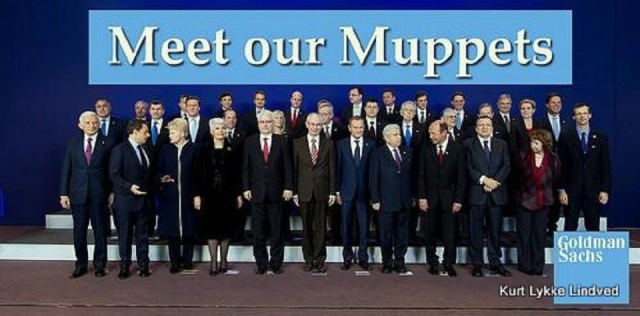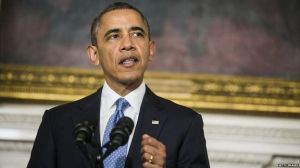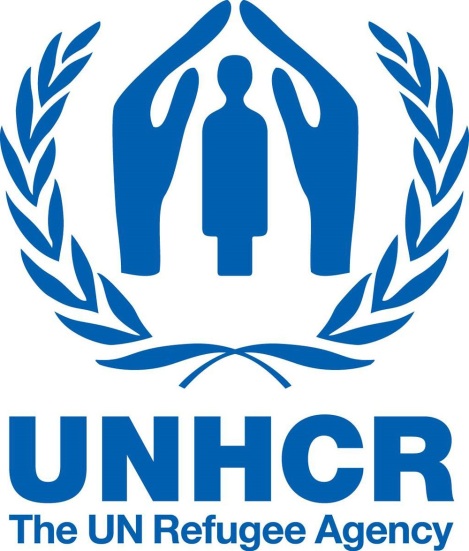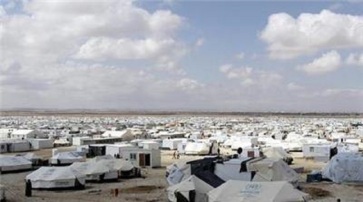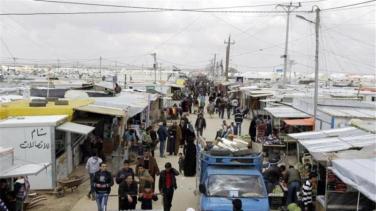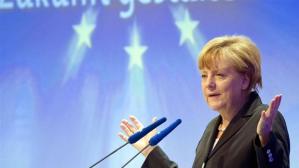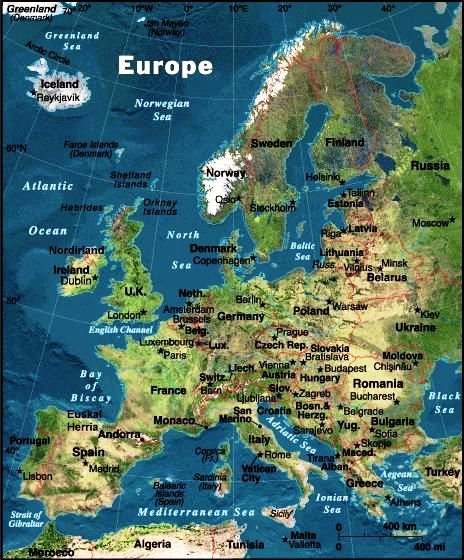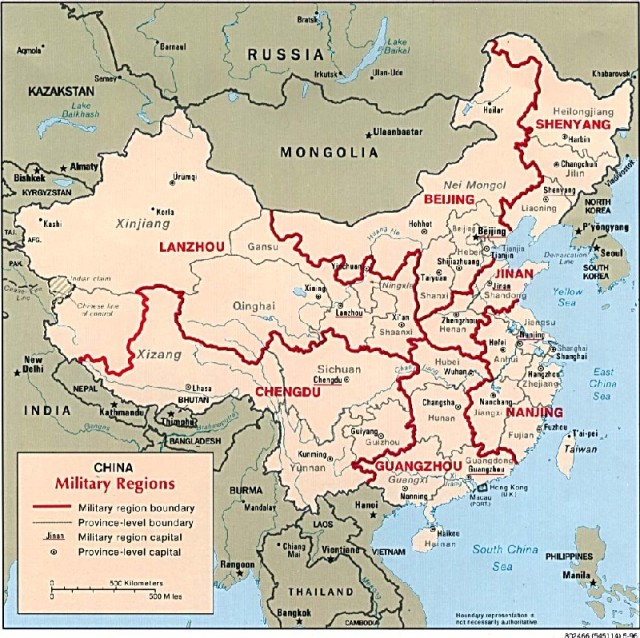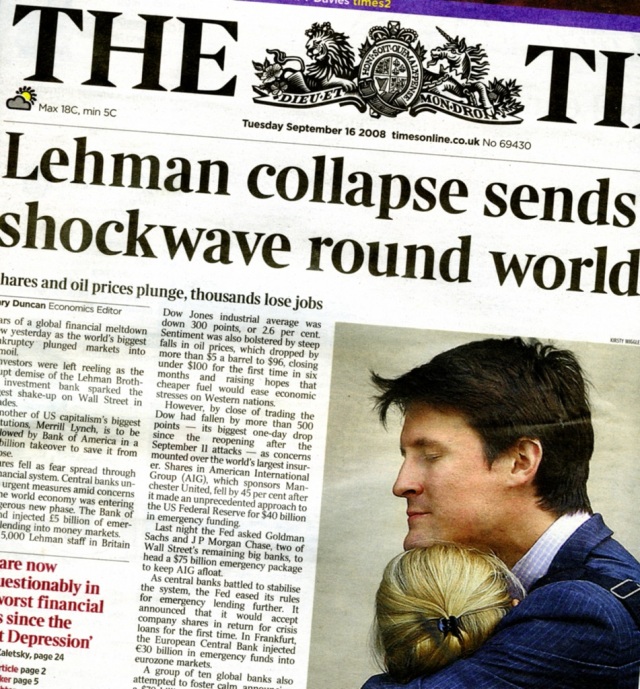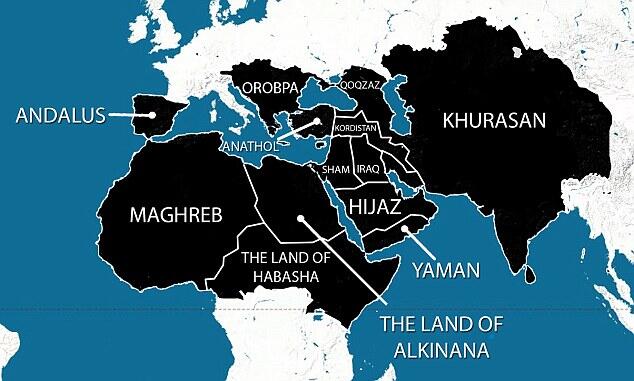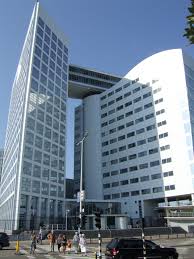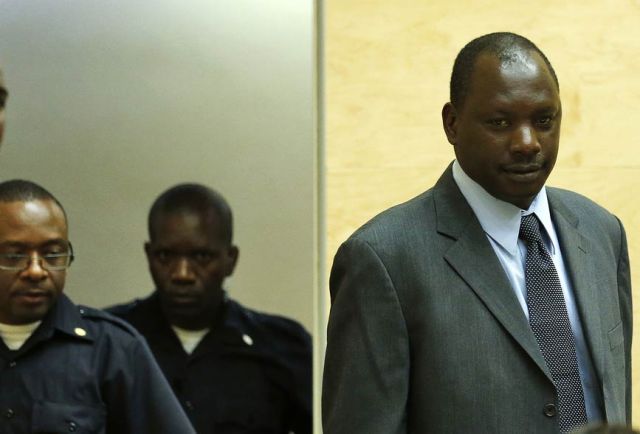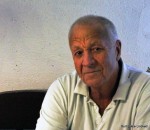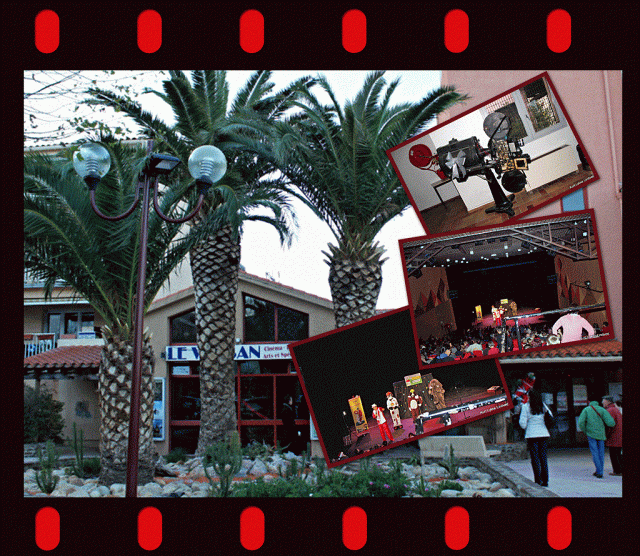 A look at the financial crisis in Greece, including how the shipping industry could impact the country’s future.
A look at the financial crisis in Greece, including how the shipping industry could impact the country’s future.
Like most of their countrymen, Greek shipping tycoons are normally expansive and loquacious individuals, happy to talk to the press. In the tradition of their predecessors Aristotle Onassis and Stavros Niarchos, they tend to brag about their wealth, their art collections, their palatial homes, and the fact that Greek shipowners command the biggest merchant fleet on earth and that their vessels reach every corner of the planet.
“Ninety-five percent of all goods transported in the world today are carried by ships, and Greeks own 17 percent of those ships,” boasts Nicos Vernicos, a fourth-generation shipowner. “That means that 15 percent of all goods transported are carried on Greek ships. In this one thing, and this one thing only, we are ahead of every other country on earth.” (The Japanese, with nearly 16 percent of shipping, are a close second.) But these days, getting Greek shipowners to talk about their wealth — or how they might pitch in to solve the massive economic problems of a country teetering on the brink of bankruptcy, the aftershocks from which would threaten the financial health of the entire European Union — is like trying to interview ayatollahs in Iran about their country’s nuclear research program.
Greeks own 17 percent of those ships,” boasts Nicos Vernicos, a fourth-generation shipowner. “That means that 15 percent of all goods transported are carried on Greek ships. In this one thing, and this one thing only, we are ahead of every other country on earth.” (The Japanese, with nearly 16 percent of shipping, are a close second.) But these days, getting Greek shipowners to talk about their wealth — or how they might pitch in to solve the massive economic problems of a country teetering on the brink of bankruptcy, the aftershocks from which would threaten the financial health of the entire European Union — is like trying to interview ayatollahs in Iran about their country’s nuclear research program.
 The burning question is, will the shipowners, by far the wealthiest sector of the Greek people, make the sort of financial investment at home that could save their country? The answer has not been forthcoming. For almost two years now the Union of Greek Shipowners has urged its members to avoid talking to the press at all. When a Greek shipowner does open up, as Thanasis Laskaridis did with me (he owns 58 ships with his brother Panos), it can be seen as an act of personal rebellion. “I’m going to be 60 next year,” Laskaridis says, “and I’m not going to watch what’s going on in this country and keep silent.”
The burning question is, will the shipowners, by far the wealthiest sector of the Greek people, make the sort of financial investment at home that could save their country? The answer has not been forthcoming. For almost two years now the Union of Greek Shipowners has urged its members to avoid talking to the press at all. When a Greek shipowner does open up, as Thanasis Laskaridis did with me (he owns 58 ships with his brother Panos), it can be seen as an act of personal rebellion. “I’m going to be 60 next year,” Laskaridis says, “and I’m not going to watch what’s going on in this country and keep silent.”
Most Greek tycoons, However, are following the union’s advice to keep their opinions to themselves. The vow of silence certainly suits their needs. At a time when the desperate Greek populace is rioting almost daily to protest severe austerity measures, any confession of a sumptuous lifestyle by the Golden Greeks could cause them serious trouble.
 The dangers of flaunting wealth in public were illustrated in June 2010, when Leon Patitsas, a scion of the Lemos shipping dynasty, decided to celebrate his wedding to a former Miss Greece with a lavish party in Piraeus, the world’s third-largest passenger port, some 12 miles outside Athens, on a historic battleship belonging to the Greek navy. Greek shipowners from all over had gathered in Piraeus for the biennial trade fair called Posidonia, so the young British-born Patitsas invited them on board. There was champagne and lobster, sushi and caviar, and to his lasting embarrassment, there was also a gatecrasher who worked for a Greek tabloid. The next day its pages were filled with photos of the opulent party, with descriptions of some of the women present as “party girls” and “ex-Playmates.” Soon the then-minister of national defense, Evangelos Venizelos, issued a statement calling the event “heavily insulting” to the Greek navy and to “the patriotic sensitivity” of the Greek people.
The dangers of flaunting wealth in public were illustrated in June 2010, when Leon Patitsas, a scion of the Lemos shipping dynasty, decided to celebrate his wedding to a former Miss Greece with a lavish party in Piraeus, the world’s third-largest passenger port, some 12 miles outside Athens, on a historic battleship belonging to the Greek navy. Greek shipowners from all over had gathered in Piraeus for the biennial trade fair called Posidonia, so the young British-born Patitsas invited them on board. There was champagne and lobster, sushi and caviar, and to his lasting embarrassment, there was also a gatecrasher who worked for a Greek tabloid. The next day its pages were filled with photos of the opulent party, with descriptions of some of the women present as “party girls” and “ex-Playmates.” Soon the then-minister of national defense, Evangelos Venizelos, issued a statement calling the event “heavily insulting” to the Greek navy and to “the patriotic sensitivity” of the Greek people.
All the commotion incensed the average Greek, who is easily incensed these days. Only a few weeks earlier, Greek television had broadcast nonstop images of the May 5 riots in Athens, when more than 100,000 people gathered in Constitution Square to protest the austerity measures and tried to storm Parliament. Throwing chunks of marble torn from the steps of nearby hotels, Molotov cocktails, and broken bottles, they battled police armed with tear gas and clubs. Some of the rioters bombed a bank branch not far away, killing three bank employees, including a pregnant woman.
Athens, when more than 100,000 people gathered in Constitution Square to protest the austerity measures and tried to storm Parliament. Throwing chunks of marble torn from the steps of nearby hotels, Molotov cocktails, and broken bottles, they battled police armed with tear gas and clubs. Some of the rioters bombed a bank branch not far away, killing three bank employees, including a pregnant woman.
The photographs of the Patitsas party were a stark contrast to the plight of ordinary Greeks, who had suffered severe reductions in salaries and pensions under austerity measures imposed by the European Union and the International Monetary Fund. Patitsas eventually made a public apology, but powerful shipowners were furious that they were being treated as scapegoats.
 No wonder the Union of Greek Shipowners passed the word: no more talking to the press, no more photos of luxurious parties, and from now on keep your wealthy lifestyle out of the public eye.
No wonder the Union of Greek Shipowners passed the word: no more talking to the press, no more photos of luxurious parties, and from now on keep your wealthy lifestyle out of the public eye.
The union, however, does talk frequently with government officials, according to the man charged with overseeing the shipping industry for the Greek government, Michalis Chrisohoidis, the minister of development, competitiveness, and shipping. The intense, square-jawed 56-year-old lawyer won recognition earlier in the decade as the minister of public order who led the capture of Greece’s most violent terrorist group, November 17, which had operated for 30 years without a single arrest.
 During our interview a few months ago, amid the Old World elegance of the Grande Bretagne Hotel’s Winter Garden, in Athens, I asked Chrisohoidis how willing shipowners were to make investments in Greece and to spur development. He took a sip from his espresso, and his brow furrowed. “Here is what I want to say,” he finally began. “We, as a government and as a nation, share a common goal with our shipowners: to keep Greek shipping number one in the world, because each year it contributes between $15 billion and $18 billion to our economy.”
During our interview a few months ago, amid the Old World elegance of the Grande Bretagne Hotel’s Winter Garden, in Athens, I asked Chrisohoidis how willing shipowners were to make investments in Greece and to spur development. He took a sip from his espresso, and his brow furrowed. “Here is what I want to say,” he finally began. “We, as a government and as a nation, share a common goal with our shipowners: to keep Greek shipping number one in the world, because each year it contributes between $15 billion and $18 billion to our economy.”
Pressed for a more direct answer — were they willing to help? — he left room for doubt about the shipowners’ commitment. “We are hopeful that they’ll be motivated to play a major role in helping Greece, now that the economic future of our people is at stake, as Greek shipowners in the past have always done at critical times for our nation.”
about the shipowners’ commitment. “We are hopeful that they’ll be motivated to play a major role in helping Greece, now that the economic future of our people is at stake, as Greek shipowners in the past have always done at critical times for our nation.”
The legacy of their heroic forebears is a formidable one, and it poses both a challenge and a burden to today’s tycoons, who are expected by many to be as magnanimous as their predecessors. The history of such selflessness dates from 1821, when Greece struggled to free itself from 400 years of Ottoman rule in the country’s War for Independence.
At the start of that revolt, the Greek shipping communities on the Aegean islands, which did a brisk business carrying goods between the Ottoman Empire and Europe, had just over 300 armed merchant ves- sels, employing 12,000 sailors. The shipowners contributed their ships and their fortunes to the war effort, converting many of their vessels into fire ships (bourlotes), to be set ablaze and steered into the midst of Ottoman convoys.
One of the most colorful of those shipowners was Laskarina Bouboulina, the 50-year-old widow of a sea captain. During the eight-year war (1821–29) she commanded eight ships, participated in many battles, and was ultimately awarded the rank of admiral. Today a statue of the war heroine reigns over the harbor in Spetses.
During World War II, the Greek shipowners once again came to the aid of their country, turning over their fleets to the Allies. Almost 70 percent of these conscripted vessels were sunk by Nazi U-boats as they carried Allied war materiel across the Atlantic. In recognition of the owners’ sacrifice, after the war the United States allowed them to buy 100 Liberty ships for only $125,000 of their own cash, with the remainder covered by loans guaranteed by the Greek government.
These new fleets quickly expanded, and the Greek officers and seamen the shipowners hired sent critical remittances back home to the country at a time when it was struggling to recover not only from the brutal Nazi occupation but from a devastating civil war triggered by Communist insurgents, a double blow that in the 1950s left much of the country in abject poverty.

When that civil war ended, newly wealthy shipowners like Onassis and Niarchos, brothers-in-law at the time but also fierce rivals, made some of the first major investments in Greece to help jump-start its postwar economy. Onassis bought a small company that had three single-engine airplanes, renamed it Olympic Airways, and built it into a renowned international carrier. Niarchos tried to outdo him by building the country’s first shipyard.
Both tycoons continued to make investments in Greece throughout their lives, creating thousands of well-paying jobs. In fact, on the day after Onassis married Jackie Kennedy, in 1968, he didn’t go on a honeymoon — he spent his time negotiating a $400 million investment deal with the military junta then ruling Greece. He even courted the junta’s leader, Georgios Papadopoulos, by inviting him and his wife to dine with the new Mrs. Onassis on their island.
Throughout their lives, Onassis and Niarchos competed for women, real estate, ever larger yachts (the 190-foot Creole for Niarchos, the 325-foot Christina for Onassis), and private islands (Skorpios for Onassis, Spetsopoula for Niarchos). After they died the competition continued, as their various philanthropies focused on building projects at home and on expanding studies of Greece and its heritage throughout the world.
 Onassis left half his estate, worth about $1 billion when he died, in 1975, to a foundation named for his son Alexander, who had died two years earlier in a plane crash. It endowed the Onassis Cardiac Surgery Center, in Athens, the first hospital in Greece certified to do heart and lung transplants. And the Onassis Foundation just completed the 194,000-square-foot Onassis Cultural Center, in Athens, and awards 135 scholarships per year to Greek postgraduate students.
Onassis left half his estate, worth about $1 billion when he died, in 1975, to a foundation named for his son Alexander, who had died two years earlier in a plane crash. It endowed the Onassis Cardiac Surgery Center, in Athens, the first hospital in Greece certified to do heart and lung transplants. And the Onassis Foundation just completed the 194,000-square-foot Onassis Cultural Center, in Athens, and awards 135 scholarships per year to Greek postgraduate students.
When Niarchos died, in 1996, he had an estimated net worth of $5 billion. The Stavros Niarchos Foundation has made grants in the arts, education, health, and medicine to the tune of $1.2 billion to date. Its most ambitious project is the $800 million Stavros Niarchos Foundation Cultural Center, now being built in Athens. Designed by architect Renzo Piano, it will include new homes for the National Library of Greece and the Greek National Opera.
This is quite a legacy to live up to for Greece’s 900 shipowning families, who command the largest shipping fleet in the world, ruling an industry whose income is carefully hidden, but the annual gross revenues of which are estimated at $60 billion. What are they doing to help their country as it faces economic catastrophe and their countrymen endure severe reductions in their standard of living?
“They are doing practically nothing,” says an Athenian executive who doesn’t want to be identified because he has business dealings with several shipowners. “They’re investing little of their money inside Greece, creating few jobs beyond the positions they need to maintain their Greek offices, buying no Greek bonds, and paying absolutely no taxes on the earnings from their ships and nowhere near the taxes they should pay on their assets inside the country.”
 Those shipowners who would discuss the crisis with me, like Nicos Vernicos and his brother George, whose family has been in shipping since 1850, denounce such criticism. “Any charges that Greek shipowners have not been helping their country are blatantly false, as one fact alone shows,” insists George Vernicos, whose searching gaze and weathered features reveal his ties to the sea. “In the last 10 years Greek shipowners have brought into the country about $178 billion in foreign exchange through money spent by their Greek offices, salaries paid to Greek crews, purchases made from Greek companies, taxes paid on Greek-flag vessels, and extensive real estate they have bought. What other group has brought that kind of money into the country, or even come close?”
Those shipowners who would discuss the crisis with me, like Nicos Vernicos and his brother George, whose family has been in shipping since 1850, denounce such criticism. “Any charges that Greek shipowners have not been helping their country are blatantly false, as one fact alone shows,” insists George Vernicos, whose searching gaze and weathered features reveal his ties to the sea. “In the last 10 years Greek shipowners have brought into the country about $178 billion in foreign exchange through money spent by their Greek offices, salaries paid to Greek crews, purchases made from Greek companies, taxes paid on Greek-flag vessels, and extensive real estate they have bought. What other group has brought that kind of money into the country, or even come close?”
One reason shipowners often give to explain why they’re not investing more in Greece is that the returns from shipping itself aren’t that great these days. “Since 2008 rates have been in a free fall, with earnings well below break-even levels in many areas,” says Basil Papachristidis, a Canadian-born shipowner whose father sold 10 frigates to Onassis in 1946, one of which was later converted into the Christina. “Banks are calling in loans, seizing ships, and causing owners to lose their entire equity. It is quite possible a number of owners will go bankrupt in the next 12 to 18 months.”
But he and other industry experts concede that the big shipping families are well diversified and are not in any real financial trouble, since they piled up huge cash reserves earlier in the decade, when rates soared tenfold in just a few years. And they know how to squeeze out profits even in hard times, as Onassis did during the Great Depression. He broke into shipping in 1932, when he bought six Canadian freighters for $30,000 each — essentially their scrap value — and kept them working through the decade.
diversified and are not in any real financial trouble, since they piled up huge cash reserves earlier in the decade, when rates soared tenfold in just a few years. And they know how to squeeze out profits even in hard times, as Onassis did during the Great Depression. He broke into shipping in 1932, when he bought six Canadian freighters for $30,000 each — essentially their scrap value — and kept them working through the decade.
If all that’s true, why haven’t the major shipowners used more of their profits to make investments in Greece, create jobs, and help revive the Greek economy?
“Look, no one is making big investments in Greece,” says Nicos Vernicos. “And that is mainly the fault of the politicians and the unions, because they have made Greece an extremely difficult place to do business.”
In the past, several major shipowners have made sizable investments in the country. They include the Chandris family, who have built hotels; the Latsis family, who have bought banks (and have loaned their 405-foot yacht, the Alexander, to such eminences as Prince Charles, George H.W. Bush, and even Marlon Brando); the Constantakopoulos family, who are building the biggest resort in the country; and the Laskaridis family, who have invested in hotels, casinos, and an airline.
But even these committed Greek shipowners have cautionary tales to tell about investing in their homeland. Most of them are reluctant to speak on the record, but not Thanasis Laskaridis, who, with his brother Panos, owns the landmark Grande Bretagne Hotel in Athens and a 20 percent interest in Aegean Airlines, in addition to their 58 ships.
After doing well in shipping, the Laskaridis brothers decided to make extensive investments in their homeland. “Our motivation was initially a general desire for new, well-set-up, well-capitalized, and profitable landmark projects that would generate several thousand new jobs in Greece and involve also substantial foreign multinationals and their know-how,” Thanasis says. The brothers’ total investments in Greece at one point reached “in excess of $1 billion,” he says, and they created more than 3,500 jobs and produced huge benefits for the country, including $700 million in tax revenues from two casinos.
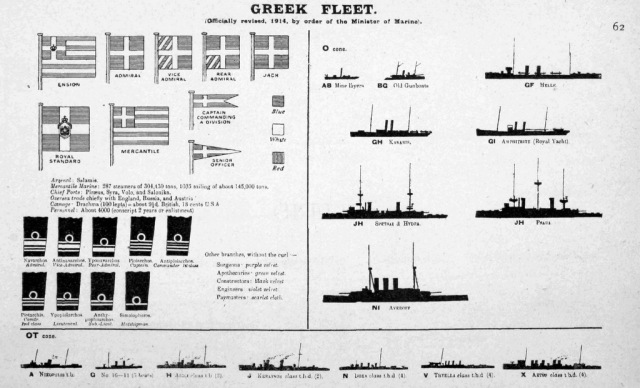 “As time went by,” Thanasis says, “we started losing the multi-nationals, other than in a management capacity, because Greece is chaotic, corrupt, and unfriendly toward foreign investors.” The reason Greece is in such a sad state, he says, is that its economy is under the tight control of an oligarchy of “no more than 10 families and no more than 10 unions…who have systematically fought and destroyed any serious effort by any outsiders, including Greek shipowners, to establish themselves as major players in the country’s economy.”
“As time went by,” Thanasis says, “we started losing the multi-nationals, other than in a management capacity, because Greece is chaotic, corrupt, and unfriendly toward foreign investors.” The reason Greece is in such a sad state, he says, is that its economy is under the tight control of an oligarchy of “no more than 10 families and no more than 10 unions…who have systematically fought and destroyed any serious effort by any outsiders, including Greek shipowners, to establish themselves as major players in the country’s economy.”
“Shipowners are clever, and, generally, wealthy people have no desire, when they are achieving miracles all over the world, to be treated like idiotsintheirowncountry,” he says. “If you want to know why they don’t make major investments in Greece, look at the labor laws, look at the exit of almost all multinationals — and there were never that many — look at the press barons and how they use their influence to get government contracts for their other business interests, look at the total destruction of value of private equity investment in Greece.”
 Finally, he says, look at the fact that the last elected government of Greece took the ministries of shipping and tourism, the most productive engines in the Greek economy, and folded them into other ministries. “It’s as if Saudi Arabia had disbanded its oil ministry!” he exclaims.
Finally, he says, look at the fact that the last elected government of Greece took the ministries of shipping and tourism, the most productive engines in the Greek economy, and folded them into other ministries. “It’s as if Saudi Arabia had disbanded its oil ministry!” he exclaims.
The absurdity, cronyism, and corruption that dominate Greek political life have moved Laskaridis’s family to reduce their investments in Greece by about 70 percent, he says. “Our core activity [shipping] is a global and highly competitive business, so problems including corruption were not new to us. However, tolerating such practices in our own homeland was simply unacceptable, as well as hugely damaging psychologically.”
One of the more disturbing sights, he notes, is seeing the marble steps in front of his family’s historic Grande Bretagne Hotel, in the heart of Athens on Constitution Square, being torn up by extremists so they could throw pieces at the police during violent demonstrations, which occur on a regular basis these days.
His family spent $300 million to buy and another $115 million to renovate the hotel and make it one of the best in Europe in time for the 2004 Olympics, he says, but the failure of the government to provide a safe and stable operating environment for it hardly motivates the Laskaridises to make any further investments in the country.
“Greek shipowners will not throw good money after bad,” he says. “Please be sure that we will all repatriate capital when, at the very least, we can walk to the center of our city without risk of physical violence. This is the least we demand, and it is not that hard to achieve. Everyone but Greece has done it.”
 One major Greek shipowner, however, never let the frustrations that come with trying to invest in Greece deter him from pursuing his vision — to uplift his native region — even though it took him 25 years to realize it. The man was Vassilis Constantakopoulos, and his dream was to make Navarino Bay, on the western coast of the Peloponnese, an international tourist destination of the first rank. Although only half of the planned resort complex is finished, it has already begun to earn that distinction, with listings in many travel magazines as one of the top 10 luxury resorts in the world.
One major Greek shipowner, however, never let the frustrations that come with trying to invest in Greece deter him from pursuing his vision — to uplift his native region — even though it took him 25 years to realize it. The man was Vassilis Constantakopoulos, and his dream was to make Navarino Bay, on the western coast of the Peloponnese, an international tourist destination of the first rank. Although only half of the planned resort complex is finished, it has already begun to earn that distinction, with listings in many travel magazines as one of the top 10 luxury resorts in the world.
Captain Vassilis, as he is known, died in January 2011, only a year after the opening of his eco-friendly resort, Navarino Dunes, the first of four sites at Costa Navarino, a dream that took him a lifetime to achieve. I learned his story from two of his three sons: Costis, who runs Costamare, the family’s shipping fleet, and Achilles, who directs its tourist facilities. (The third, Christos, runs the family’s mining operations.)
I met the brothers in the conference room of Costamare’s modern headquarters between Athens and Piraeus. Costis, 42, a lean, reserved engineer, and Achilles, an outgoing 40-year-old with a staccato delivery, did not need much prodding to talk about their father.
They said Vassilis was born in a small village some 40 miles from where he would later commit $1.3 billion to build his tourist mecca, which will ultimately include five hotels, four golf courses, luxury villas, a sports complex, and a marina.
“My father left at 13 for Athens,” Costis says. “He worked at three jobs — selling buttons, delivering milk, and busing tables — to survive while going to night school. Then he became a deckhand and worked his way up to seaman, engineer, and finally captain.”
In 1962 Vassilis met his future wife, Carmen, a stewardess on Olympic Airways, and they married two years later. When they started a family in 1969, he decided to look for work that would keep him closer to home.

Carmen persuaded him to abandon his first idea — opening a grocery store — and go into the business he knew: shipping. He bought his first small vessel, a 2,000-ton cargo ship, which he named Carmen, in 1974, and slowly began adding others. “He quickly saw that the Greeks who were focused on cargo ships, bulk carriers, and tankers were struggling for charters then, but Northern Europeans who were shifting to containers were doing much better,” Costis explains. “So he decided to concentrate on container ships.”
As his fleet grew, he began ordering new container vessels from shipyards in East Asia, and he was one of the first to spot the boon that an expanding Chinese economy offered for shipping. Eventually he started chartering many of his ships to the Chinese state shipping group, COSCO, which propelled him to the forefront of container shipping.
Throughout these boom years, says Costis, Vassilis was always looking for opportunities to help his country. “He wanted to do something in his home area, something that would help people there,” Achilles says. “And he decided that the way to achieve both goals was to make the Navarino coast, one of the most beautiful areas in the Mediterranean but completely undeveloped at the time, into an international tourist destination.”
It took almost 20 years, but ultimately he cobbled together 2,470 acres for the resort from more than 1,000 owners. But that was only half the battle. To get all the permits and authorizations he needed to start building, he eventually had to get more than 3,000 signatures from officials in scores of government agencies.
So far, some $760 million has been spent on Costa Navarino, and the final bill is projected to reach $1.3 billion, according to Achilles. The Greek government has agreed to provide a subsidy of $130 million, half of which has been contributed thus far, he says.
Although the project is only partially completed, it has already created a boom in the region. More than 2,000 workers were hired to build the first two hotels, which now employ 1,200 people directly, according to Achilles. “As a result, the area is flourishing, with new shops in surrounding towns opening every week, while thousands have closed in the rest of the country because of the economic crisis.”

Vassilis, a heavy smoker who was diagnosed with cancer in 2005, lived to see only the first part of the resort open. Six weeks before he died, he spoke at a dinner in his honor, and his words could serve as an exhortation to his fellow shipowners. “Our nation today finds itself at the edge of the abyss,” he said. “To debate who is to blame and how we wound up in such a sad state doesn’t help our condition. What we must do now is to focus on how we can all join together to save our country, to assist in any way we can our neighbors…and to press our politicians to move forcefully to initiate the reforms that will stimulate growth and prosperity… If that is done, with sacrifices from all of us…our country will achieve a level of admiration worthy of its history and its heritage.”
Most of the shipowners who were willing to speak about their country’s current disastrous circumstances professed their own patriotism, but they are not ready to help steer their country through the financial maelstrom that has engulfed it, they say, because they don’t have confidence in the country’s leaders. They are instead clinging to a wait-and-see attitude to find out if, in fact, Greece can be rescued by infusions of money and management from the European community and the IMF.
There seems to be a mixture of hope and apprehension among the shipping giants, similar to that expressed by Thanasis Laskaridis: “Greece has great potential. It is still today one of the world’s best places to live: great scenery, culture, climate, some of the best beaches in the world, and nice, hardworking people. Once we bring our bloated bureaucracy under control and replace most of our current politicians, Greece will boom.”
to that expressed by Thanasis Laskaridis: “Greece has great potential. It is still today one of the world’s best places to live: great scenery, culture, climate, some of the best beaches in the world, and nice, hardworking people. Once we bring our bloated bureaucracy under control and replace most of our current politicians, Greece will boom.”

Kurt Lykke Lindved Ph.D
Culture and Development – UN
Lecturer and Writer
Honored Dutch Counsel
Former CEO in EAC
Entertainer and Event Management
 Four prime ministers from the countries: Greece, Spain, United Kingdom and Denmark participated along with about 40 others from around the world.
Four prime ministers from the countries: Greece, Spain, United Kingdom and Denmark participated along with about 40 others from around the world.











